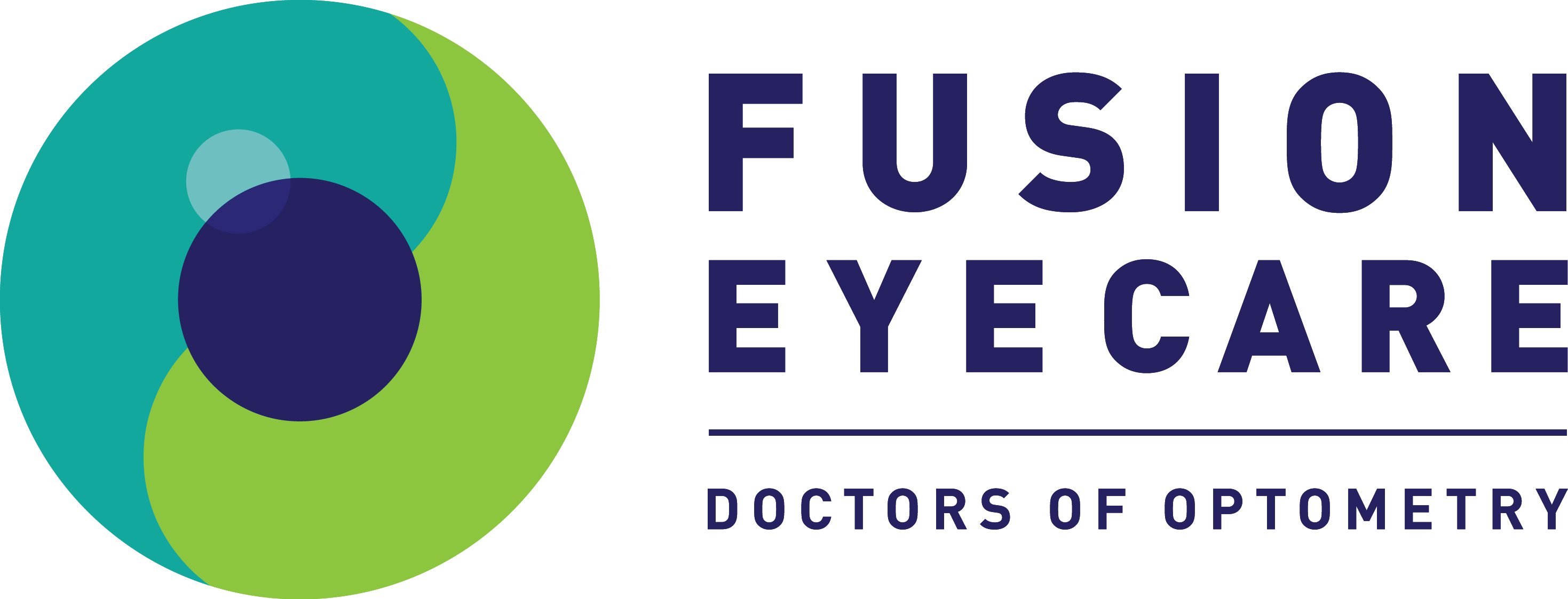Over the course of the next nine years, 6.4 million Canadians will be diagnosed with type 1 or type 2 diabetes. What’s more, one third of Canadians today already have diabetes or prediabetes and many don’t know it.
November is Diabetes Awareness Month and optometrists are encouraging everyone to have their eyes checked. You may be thinking to yourself, ‘What does diabetes have to do with my eyes?’, the Canadian Diabetes Association explains:
A comprehensive eye exam conducted by an eye doctor can not only lead to early detection of diabetes (type 1 and 2), but it can also reveal the effects of poor diabetes management to existing diabetics, indicating a need for lifestyle and diet changes, better compliance with treatment, or medication modification.
One of the most common misconceptions about eye exams is that they’re only testing your sight- this isn’t the case. Here are the key differences between a sight or screening test and a comprehensive eye exam:
- Sight test or screening test (performed by a non-doctor)– Only measures how well you can see and individual is not trained or licensed to test or diagnose the eyes.
VS.
- Comprehensive eye exam (performed by optometrist or ophthalmologist) – Only an eye doctor can conduct a comprehensive eye exam. A high-powered microscope is used to examine the tiny structures inside of your eyes, including a close-up look at your blood vessels, optic nerves, and other complex eye structures, all of which may contain clues to conditions that could pose a serious risk to your health, such as diabetes.
Doctors of optometry can assist in identifying underlying health conditions that are often first detected through an eye exam, and then provide referrals to specialists and other health care professionals, such as family physicians. Annual eye exams from a local doctor of optometry are recommended for all ages, but most specifically for people with diabetes.


